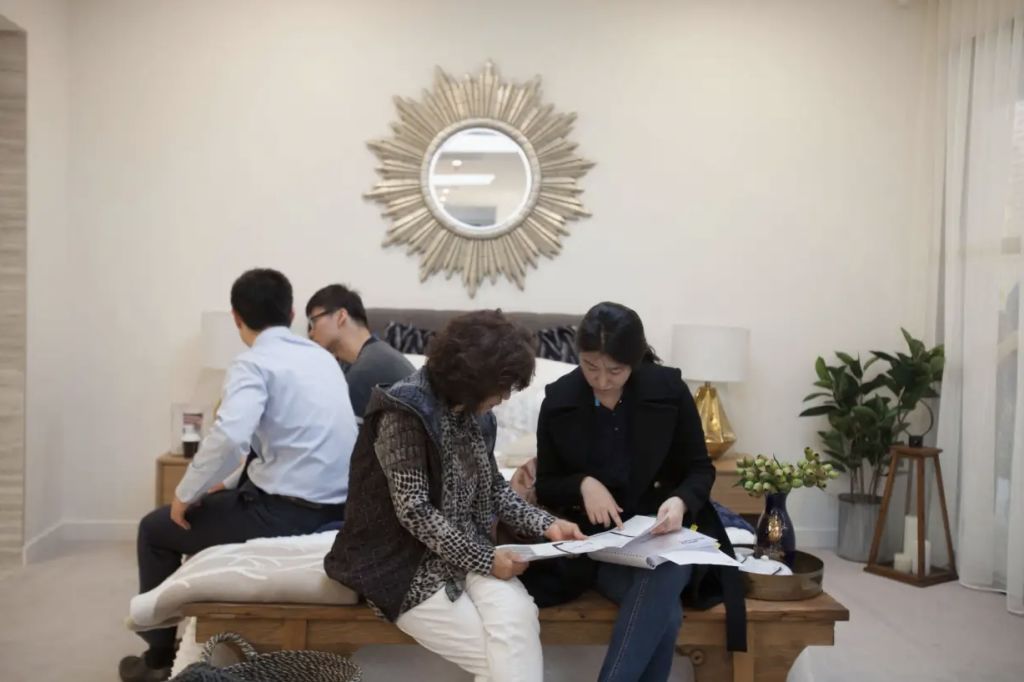
China tops the list of foreign house buyers in Australia
Buyers from China dominate foreign investment in Australian residential real estate, with $1.6 billion in proposed purchases approved in the six months to the end of December last year, official figures show.
That demand is tipped to grow more strongly after China’s decision to reopen its borders took effect in early January. A subsequent edict by the Chinese government that its foreign-enrolled students return to campuses for face-to-face teaching could boost buyer demand even further.
Foreign Investment Review Board figures released this week show China was the largest source of investment for residential real estate investment proposals by number and value – at $600 million – in the December quarter. The year-to-date tally of $1.6 billion is already more than half the totals achieved in 2021-22, at $2.4 billion, and 2020-21, at $2.7 billion, when pandemic travel restrictions were still in place.
The next two largest sources of residential investment are Hong Kong and Vietnam. Buyers from there were granted residential purchase approvals worth $100 million each over the December quarter.
Residential property buyers from India, where prime minister Anthony Albanese is visiting this week in a bid to boost trade and investment ties, were seventh on the list.
Australia’s broad-based housing market correction may have left its mark in foreign investment figures as well, with the total December quarter residential approvals falling to $1.4 billion from $2.9 billion in the previous quarter. Nevertheless, the year-to-date total of $4.3 billion is more than half the 2021-22 total of $7.6 billion and $5.7 billion in 2020-21.
‘They want to buy quickly’
Real estate operators catering to the Chinese buyer market said demand had jumped further this quarter as China’s border restrictions were dropped.
Juwai IQI co-founder Daniel Ho said last year and so far this year, Australia had been the most popular country for Chinese homebuyers, based on inquiry levels through its platform.
“In January, Chinese buyer inquiries for Australian real estate surged by 24 per cent compared to December, due to the announcement that borders would be reopening,” he said.
At Plus Agency, a project marketing agency with offices in Chatswood and Shanghai, buyer inquiry from China had also surged, according to executive partner Fiona Yang.
“We have five times more Chinese buyers than before, and they want to buy quickly. The pandemic-related uncertainty is past, the closed borders are open, rents are hot, and these buyers are fed up with three years of lockdown,” she said.
“Most have lived in China for the past three years, so they can’t buy an existing home. They have to buy a new home.”
The FIRB figures show commercial real estate was the largest target sector for proposed investment, with $19.3 billion worth of approvals for the December quarter.
China was the second-largest source of investment, tallied over all sectors, at $6.7 billion in the December quarter, while US investors were well ahead at $16.7 billion.











